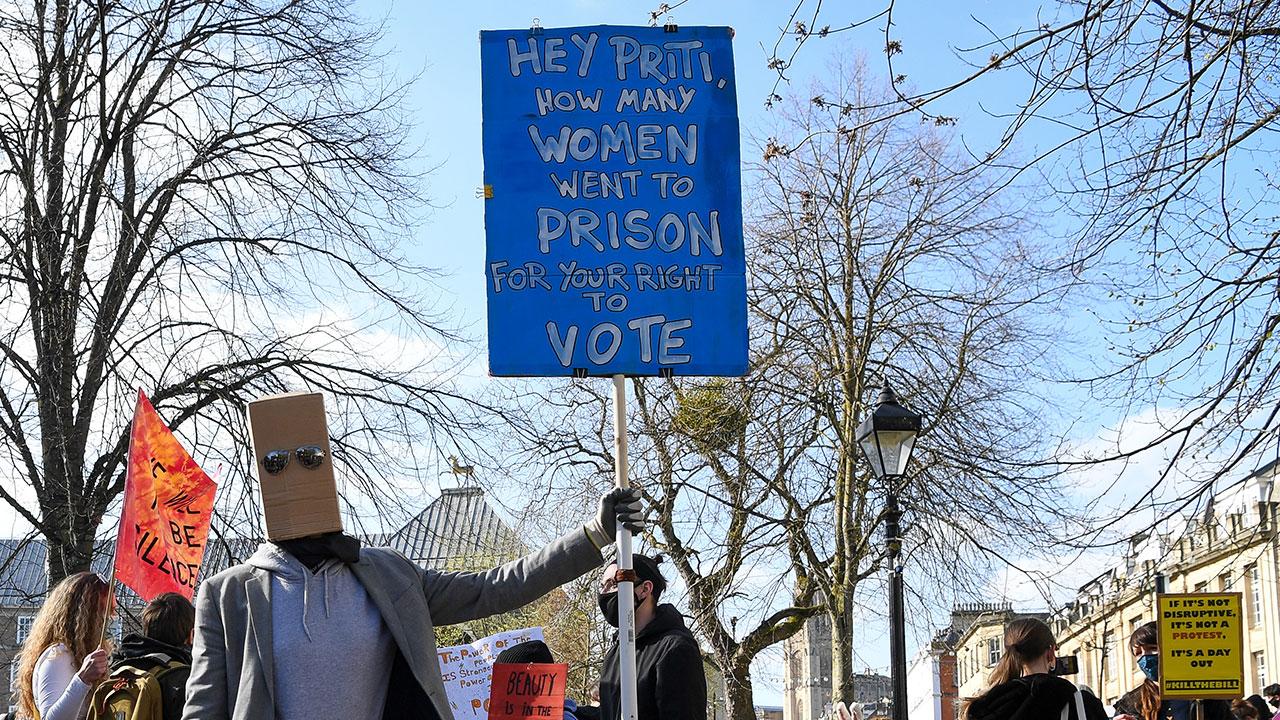Man Fined for Scavenging Sketches from Gerhard Richter’s Trash
In further news: Extinction Rebellion plan Tate Modern ‘die-in’; US art school RISD takes stand against gun violence
In further news: Extinction Rebellion plan Tate Modern ‘die-in’; US art school RISD takes stand against gun violence

A Cologne District Court judge has found a man guilty of stealing cast-off sketches from artist Gerhard Richter’s trash. The 49-year-old defendant, who scavenged the pieces in July 2016, had attempted to submit the artworks to a Munich auction house, with the sketches estimated to be worth EUR60,000. The auction house asked for authentification from the Gerhard Richter Archive in Dresden. But archive head Dietmar Elger said that while the pieces were ‘undoubtedly real’ he did not believe that ‘in this condition’ – with ‘no signature and no framing’ – Richter would give away his works. The judge ruled that the works still belonged to the artist, despite being discarded, and found the defendant guilty of theft, fining him USD$3,500. In 2015, the painter described his ‘horror’ after one of his works sold for GBP£30 million, calling the art market ‘hopelessly excessive’.
Environmental protest group Extinction Rebellion have announced plans for a ‘die-in’ at Tate Modern this weekend, to draw public attention to the declining bee population across the world. Activists say they are targeting the Tate because ‘the Tate fortune was built on sugar cane production from colonial exploitation of enslaved Africans, European invasion and exploitation of land in West Indies and South America.’ The museum said that it supported Extinction Rebellion’s campaign issues and the right to public protest, but clarified ‘[Henry Tate] ran his business and made his money long after slavery ended in the British Empire.’ Don’t miss Mel Evans writing for frieze on the art of environmental protests: ‘I have often wondered: when we talk of ‘social practice’ or ‘socially engaged art’, where and when do we start talking about social change?’
US art school Rhode Island School of Design (RISD) has announced a ‘multidisciplinary community response’ to ‘rampant gun violence’ across the country. The school’s responses include a work conceived by photographer Scott Lapham in which guns are removed from the streets, artworks are made with the weapons, the art is sold and the proceeds are put towards a law enforcement-supported gun buyback scheme. The school also has plans for a digital quilt displaying anti-gun-crime rhetoric. RISD president Rosanne Somerson said: ‘I am proud of the ways in which our community has come together to create a collective response to this critical social issue.’ Read Ian Bourland on the 20th anniversary of the Columbine shooting: can its cultural legacy in film and television reframe our present moment?
In further announcements: Takashi Murakami has parted ways with Blum & Poe gallery; Alexander Gray Associates represents Teresa Burga; the shortlist for the Art Fund Museum of the Year 2019 is here – Belfast’s HMS Caroline, Nottingham Contemporary, Oxford’s Pitt Rivers Museum, Cardiff’s St Fagans National Museum of History and V&A Dundee; and London’s Warburg Institute has launched a major GBP£14.5 million expansion, due to be completed in 2022.























